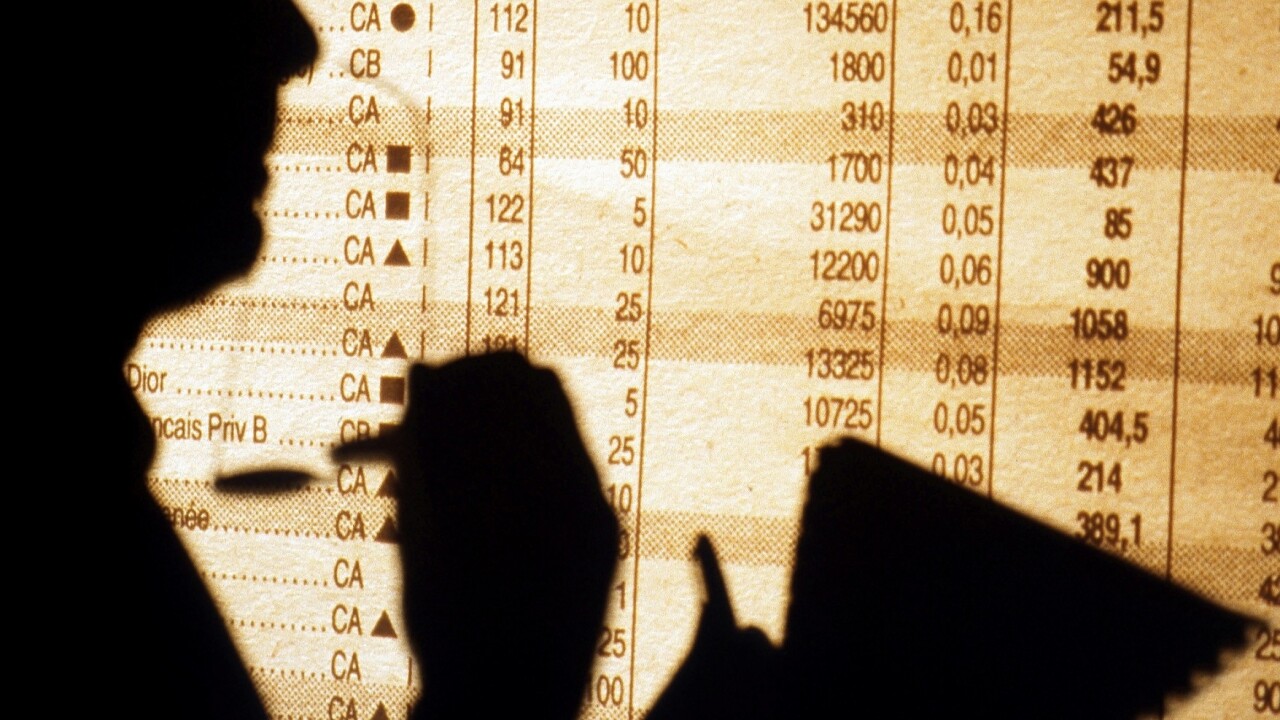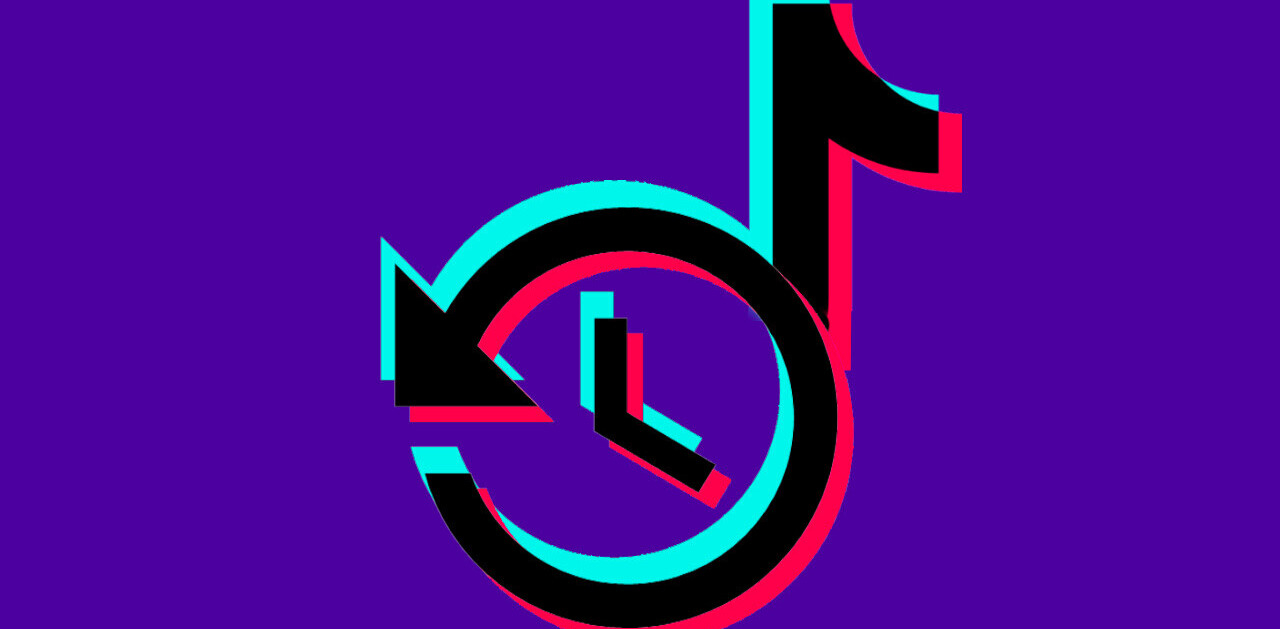
Have you ever wondered why a specific piece of news, from a specific friend, appears where it does in your Facebook News Feed? Think about it – say you have 250 friends, how does Facebook decide what goes where in your stream of updates?
Whether it’s that friend-of-a-friend who you met once at a party five years ago, or a company seeking to make you aware of a new product, it’s EdgeRank that pulls the strings behind he scenes.
Indeed, Facebook’s EdgeRank is an algorithm developed by the omnipresent social network to determine what is displayed, and where in your News Feed it’s displayed. You can read more about it here.
With that in mind, Facebook marketing & CRM platform Agora Pulse has rolled out a new tool called Facebook Page Barometer, an EdgeRank benchmarking tool aimed squarely at Facebook Page owners and managers.
Setting the scene
“Our goal is to provide an answer to the following questions,” explains Emeric Ernoult founder & CEO of Agora Pulse. “Is my Facebook Page performing well? Is Facebook giving me the visibility I deserve? If not, is it only affecting me or everyone else?”
Indeed, while Google has long been the primary port-of-call for online marketers looking to optimize their digital presence, Facebook has gradually morphed into a kind of ‘Internet within the Internet’. And thus, it too is firmly on the radars of companies looking to cement themselves in YOUR News Feed.
There are many conspiracy theories around it – one being that Facebook is gaming its own system to shoehorn brands into paying for ads over ‘going organic’. Whether this is true or not, where Agora Pulse is coming from with its Facebook Page Barometer is to help alleviate this confusion around how EdgeRank works and what it does – there is so much conflicting data from different vendors, for example SocialBakers and Pagelever.
“The idea behind our tool is to provide a community-driven response to these questions around Facebook Page performance,” says Ernoult.
To achieve this, Facebook Page Admins are invited to participate in the sample data by throwing their own performance data into the mix. “Now everyone can be a part of the sample, making it more accurate and more relevant to everyone,” adds Ernoult. “That data can’t lie, and you’re part of it.”
What you get

From the homepage (without connecting your own Facebook Page), you’ll be able to see the average performance of the 4 main Facebook Page post metrics based on more than 2,500 Facebook pages. This includes Fans reached, Engagement, People Talking About and Negative feedback, and within these averages, you’ll also see the best and worst.
Pages reach (organically) about 16% of their ‘Fans’ on average, according to Facebook’s own figures, but according to Ernoult and the Facebook Page Barometer, that is misleading at best – it can be a LOT more and a LOT less.
Its data shows that if you have a smaller fan-count, you are reaching a bigger percentage of your fans:

And if you have a larger fan-count, you are reaching a smaller percentage:

If you want to benchmark your own Facebook Page, connect it up to the Barometer, and the heatmap tells you what’s right and what’s wrong with your Page’s performance.

“The Barometer is the only one that is 100% free to use, and that’s the big difference with PageLever, SocialBakers or any other tools out there,” says Ernoult.
“Being free makes it the only tool that is open to everyone, allowing thousands of Pages to be added, and create the biggest sample of Page statistics out there,” he continues. “That eliminates the bias of only relying on one vendor’s clients versus the other vendor’s clients.”
So Agora Pulse is relying on private data, rather than public data, to try and make its measurements more precise. For free.
“When measuring the interaction rate, we prorate it with the number of people reached, and that data is not publicly available,” says Ernoult. “Same for the negative feedback that is not publicly available, or the engagement that comprises clicks on the content, another data that is not publicly available. When SocialBakers, for example, offers a comparison with the competition, they only provide comparison based on public data, so the comparision is not as deep as when it is done on private data.”
By choosing eight key metrics and comparing them to the ‘average’ Pages on the sample, it goes some way towards keeping things simple, and this is designed to give a clear idea on what areas you’re failing in , and what you could be doing better. And by including the fan-count metric, this helps you compare your page to the average for other Pages of a similar size. “This is important, because size does affect Facebook reach a lot,” explains Ernoult.
Agora Pulse’s Facebook Page Barometer is now officially live after an extended beta period.
Feature Image Credit – Thinkstock
Get the TNW newsletter
Get the most important tech news in your inbox each week.





